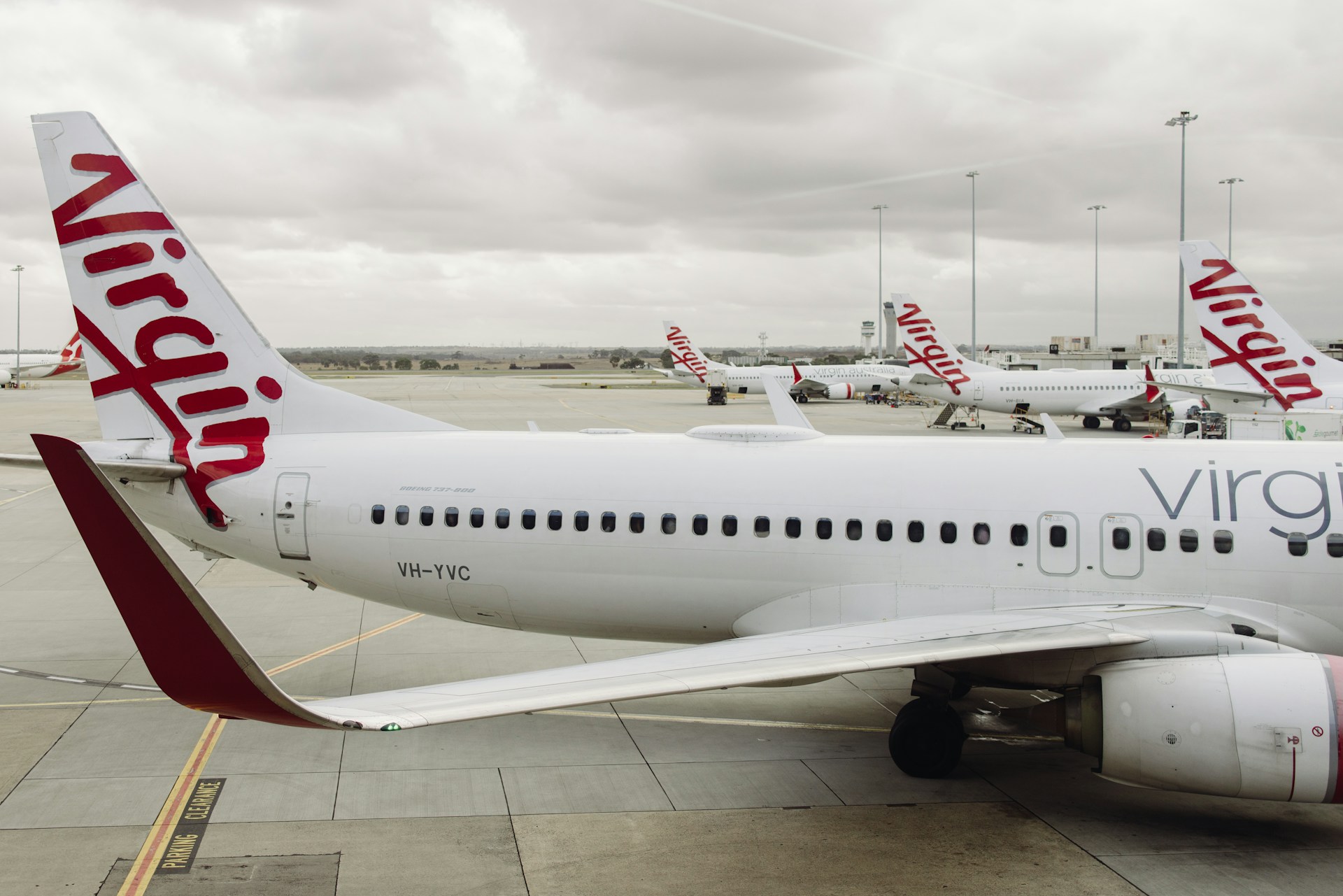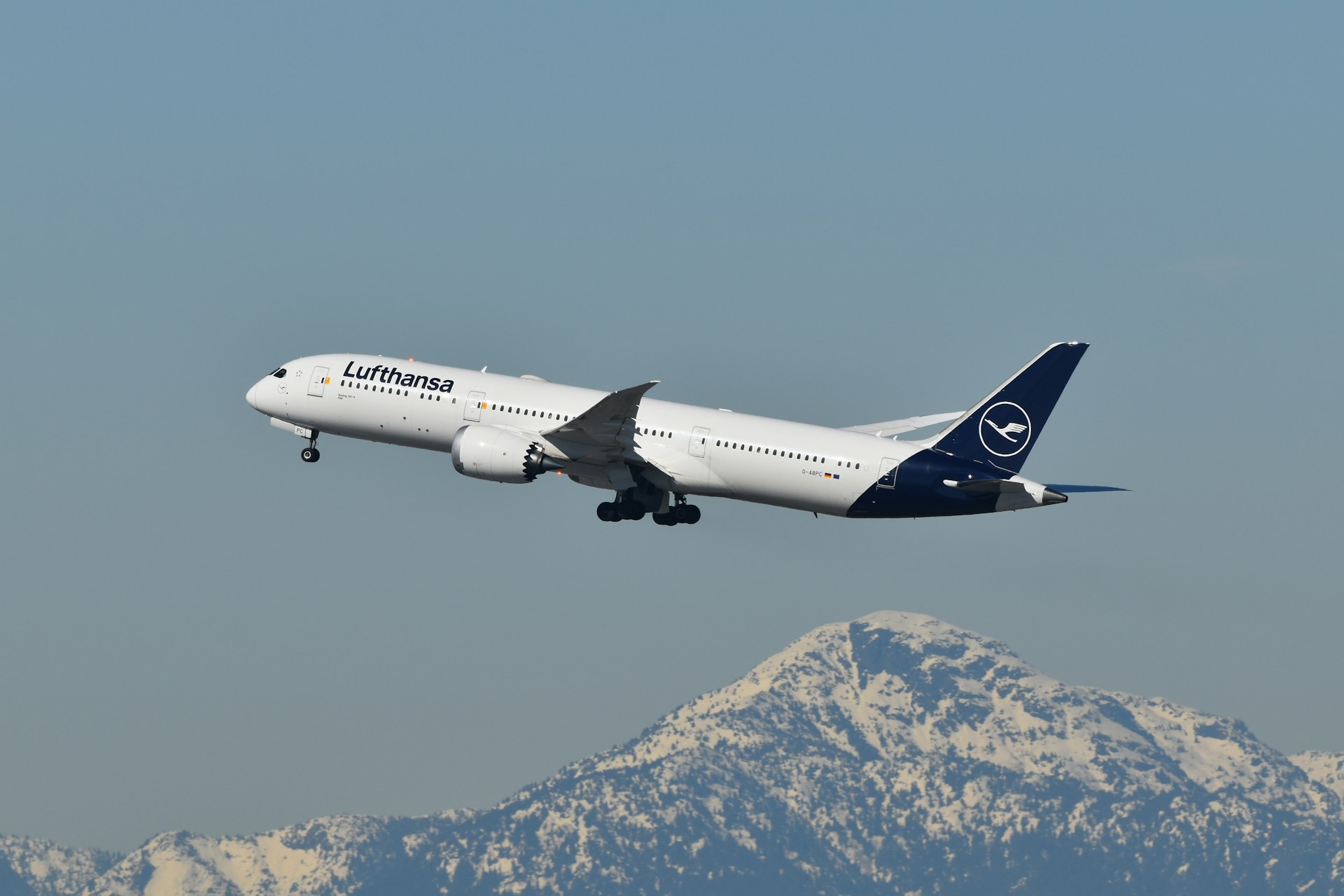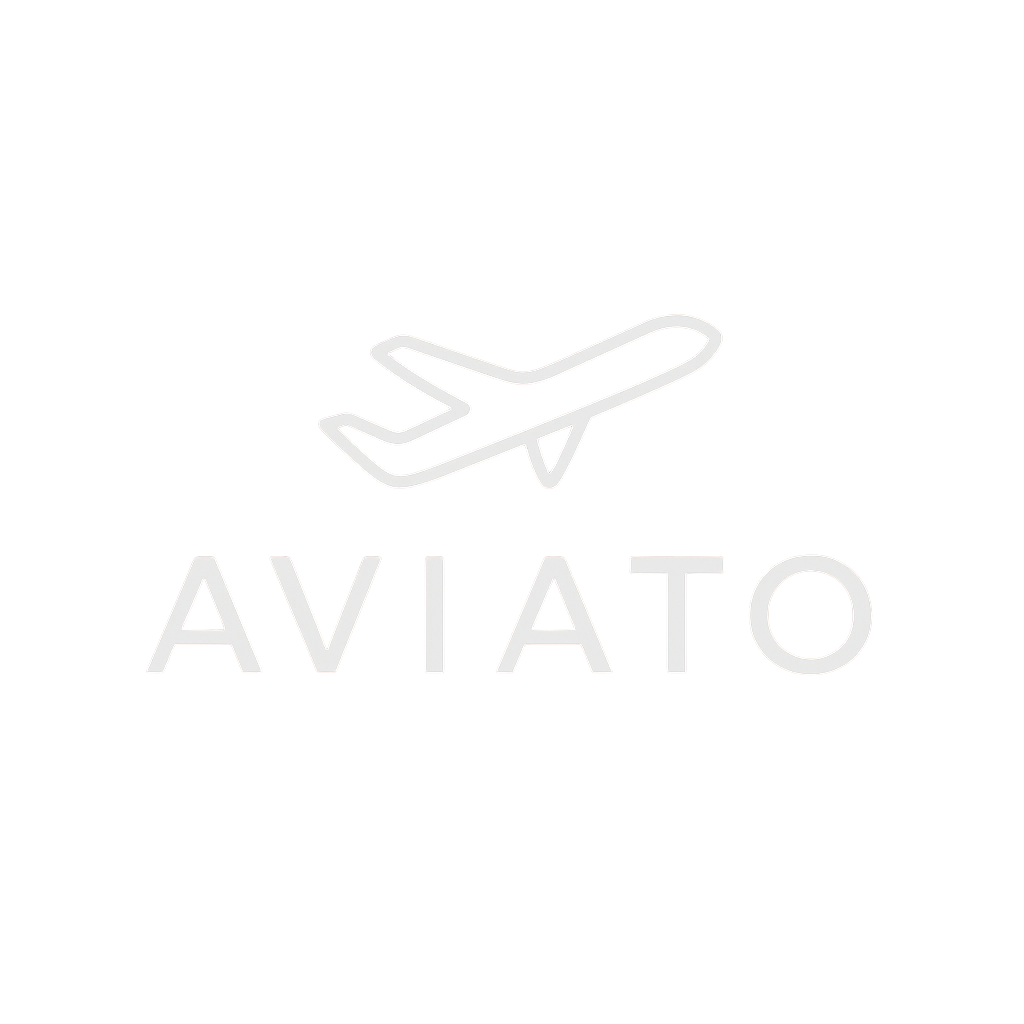Virgin Australia Launches Bidding System for Neighbor-Free Seating
Key Takeaways
- Virgin Australia introduces a bidding system that lets passengers secure empty seats next to them for comfort and privacy.
- The “Neighbour-Free Seating” initiative creates a new revenue stream while meeting post-pandemic passenger demand for personal space.
- The auction-style system allows Virgin to monetize empty middle seats that would otherwise remain unoccupied.
- Analysts believe this move could inspire wider adoption of dynamic pricing models in the airline industry.
- Virgin Australia demonstrates how carriers are innovating beyond traditional ancillary fees to stay profitable in competitive markets.
Virgin Australia’s Bold Step in Passenger Personalization
Virgin Australia has unveiled its Neighbour-Free Seating program, an innovative initiative that gives passengers the opportunity to bid for empty seats next to them. Designed to enhance comfort and privacy, this strategy reflects shifting traveler priorities in a post-pandemic world, where personal space has become a premium amenity.
The move marks a creative expansion of ancillary revenue for the airline industry, turning unsold seats into high-value upgrades without adding complexity to core operations.
How the Bidding Works
The system operates directly through Virgin Australia’s digital booking and check-in platforms. Passengers submit bids to guarantee empty seats beside their own. Unlike traditional fixed-price seat upgrades, the bidding mechanism allows market demand to determine the final price.
- Passengers choose their bid level during the online check-in window.
- Highest bidders win if spare capacity exists on the flight.
- Payments are processed only for successful bids, ensuring risk-free participation for travelers.
This dynamic pricing model gives Virgin Australia flexibility to optimize value across different routes, seasons, and booking levels.
Strategic Revenue and Market Benefits
The initiative directly tackles one of the airline industry’s long-standing inefficiencies—unoccupied middle seats. By monetizing these seats, Virgin Australia not only increases revenue but also enhances customer satisfaction, particularly for leisure and business travelers seeking extra space on domestic routes.
In a competitive Australian aviation market dominated by low-cost and full-service rivals, differentiation is critical. Virgin’s approach may strengthen loyalty among passengers who value comfort but are unwilling to pay for higher-class fares.
Potential for Industry Adoption
Virgin’s neighbor-free seating bidding could become a blueprint for other global carriers seeking fresh ways to generate income. Airlines are already experimenting with dynamic pricing for baggage, upgrades, and lounge access. This program extends the logic to seating itself, leveraging both technology and passenger psychology.
If successful, it may pave the way for auction-based systems for other inflight services, from meal upgrades to exclusive cabin zones.
FAQs
How does Virgin Australia’s neighbor-free seating bidding work?
Passengers bid online for empty adjacent seats. Winning bids guarantee a neighbor-free experience, while unsuccessful bids incur no cost.
When can passengers place bids?
Bidding opens during the online check-in period, typically within 48 hours before departure.
Will the service be available on all flights?
It depends on seat availability and load factors. Routes with higher demand may see fewer opportunities.
How much does it cost?
Pricing is determined by passenger bids and overall demand. Some travelers may secure extra space for modest sums, while popular flights may drive higher bidding levels.
Does this replace frequent flyer benefits?
No, the system operates independently of Virgin’s loyalty program. Elite flyers keep their benefits while also having the option to bid.
✈️ Bottom Line: Virgin Australia’s Neighbour-Free Seating program blends passenger personalization with smart revenue optimization. If successful, it could redefine how airlines think about unsold seats and influence the next wave of dynamic pricing innovation in aviation.
.zip%20-%201.PNG)



